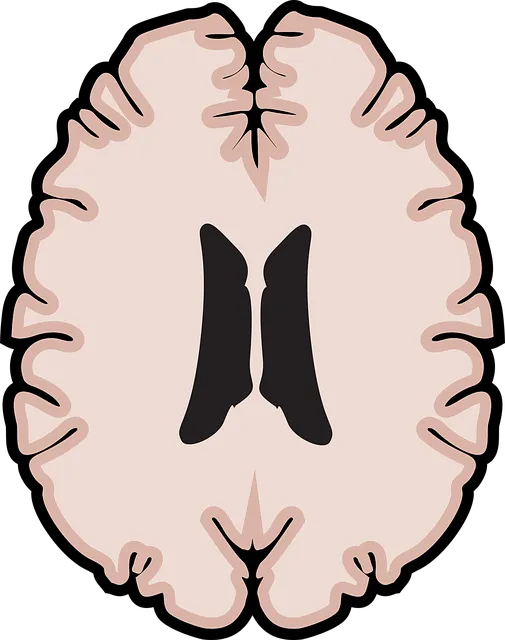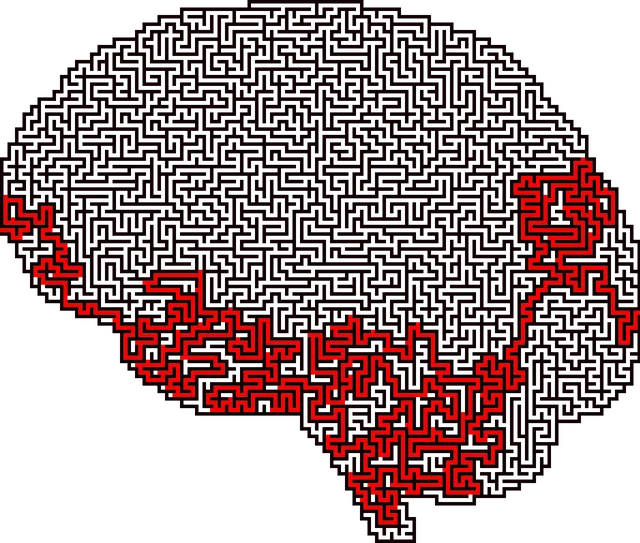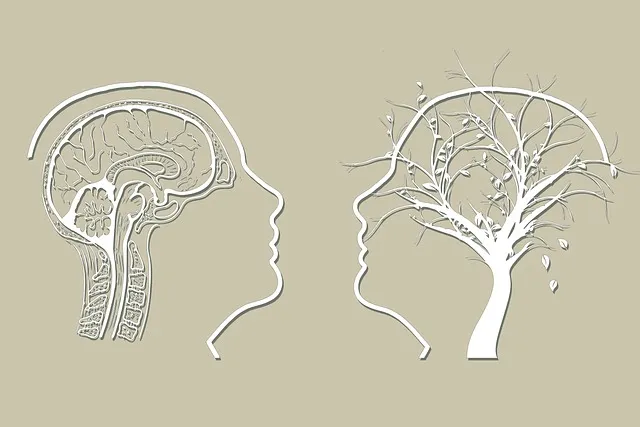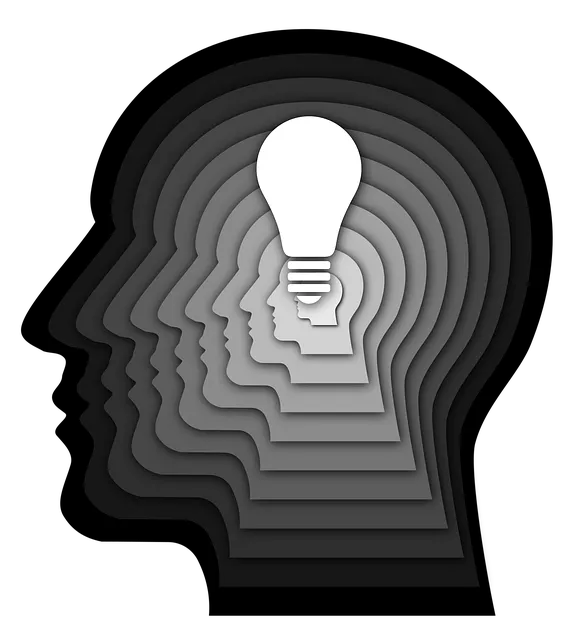Louisville Kaiser Permanente psychiatry reviews highlight the growing trend of mental wellness apps, offering accessible and convenient self-care tools backed by research. These apps combine traditional therapy with modern technology, focusing on empathy building, self-care routines, crisis intervention, emotional intelligence, and burnout prevention. Prioritizing user engagement, privacy, and intuitive interfaces encourages consistent use, fostering open communication for managing mental health challenges, as exemplified by Louisville Kaiser Permanente's approach to holistic care.
Mental wellness apps are gaining traction, offering individuals a convenient way to manage their mental health. With increasing demand, as evidenced by Louisville Kaiser Permanente psychiatry reviews, developing effective mental wellness apps is more crucial than ever. This article explores key aspects of creating impactful apps, including understanding user needs, implementing evidence-based features, and prioritizing user engagement while ensuring privacy. By addressing these elements, developers can contribute to a healthier digital landscape.
- Understanding the Need for Mental Wellness Apps
- Developing Effective Features and Functions
- User Engagement and Privacy Considerations in App Design
Understanding the Need for Mental Wellness Apps

In today’s fast-paced world, mental wellness has become a paramount concern for many individuals, leading to an increased demand for accessible and convenient solutions. Mental wellness apps are emerging as powerful tools to cater to this need, offering a range of services from therapy sessions to meditation guidance and journaling exercises. Louisville Kaiser Permanente psychiatry reviews highlight the growing acceptance and effectiveness of digital mental health solutions, where patients can receive support from the comfort of their homes.
These apps provide an opportunity for users to engage in self-care practices tailored to their unique needs. Through features like communication strategies, conflict resolution techniques, and interactive exercises, they foster a sense of control and empowerment. By combining traditional therapeutic methods with modern technology, mental wellness apps have the potential to reach a broader audience and bridge the gap between professional care and personal well-being.
Developing Effective Features and Functions

In the development of a mental wellness app, creating effective features and functions is paramount to ensuring user engagement and positive outcomes. Incorporating evidence-based Empathy Building Strategies can foster deeper connections between users and their digital support system, mirroring the compassionate care offered by professionals like those at Louisville Kaiser Permanente psychiatry departments. These strategies, backed by research, can help users feel understood and validated, crucial elements in navigating mental health challenges.
Furthermore, prioritizing Self-Care Routine Development for Better Mental Health within the app allows users to proactively manage their well-being. Crisis Intervention Guidance, another essential feature, provides immediate support during acute periods, offering tools and resources to de-escalate situations. By integrating these components, mental wellness apps can become comprehensive resources that not only supplement traditional therapy but also empower individuals to take charge of their mental health in a way that aligns with the holistic care models seen in esteemed institutions like Louisville Kaiser Permanente.
User Engagement and Privacy Considerations in App Design

In the realm of mental wellness app development, user engagement and privacy considerations are paramount. As folks turn to digital solutions like Louisville Kaiser Permanente psychiatry reviews for support, apps must offer intuitive interfaces that encourage consistent use. This involves integrating features that cater to various aspects of emotional well-being, such as mood tracking, meditation guides, and access to mental health professionals. Incorporating concepts like Emotional Intelligence and Burnout Prevention Strategies for Healthcare Providers can help users develop healthier coping mechanisms and maintain a sense of balance in their daily lives.
Privacy is another critical aspect that demands meticulous attention. App developers must ensure secure data storage and transmission to safeguard sensitive user information, particularly when dealing with personal health records. Users expect their data to be protected from unauthorized access, as highlighted in recent studies focusing on patient privacy concerns. Additionally, apps should provide transparent data-sharing policies and offer users control over how their information is used, fostering trust and encouraging open communication regarding Conflict Resolution Techniques for managing mental health challenges.
Mental wellness apps are becoming increasingly vital tools, as evidenced by positive feedback from Louisville Kaiser Permanente psychiatry reviews. By focusing on effective features, user engagement, and prioritizing privacy, developers can create applications that genuinely support mental health. As these apps gain popularity, it’s essential to continue refining their design, ensuring they remain beneficial resources for users seeking improved well-being.






